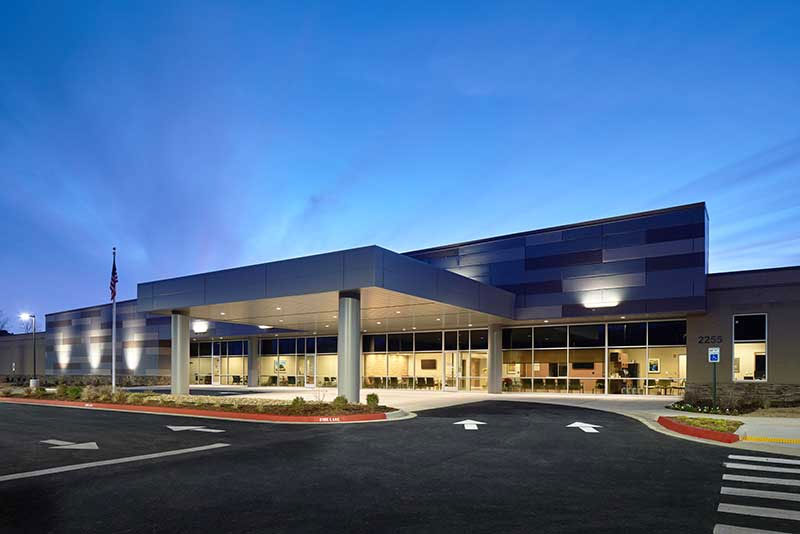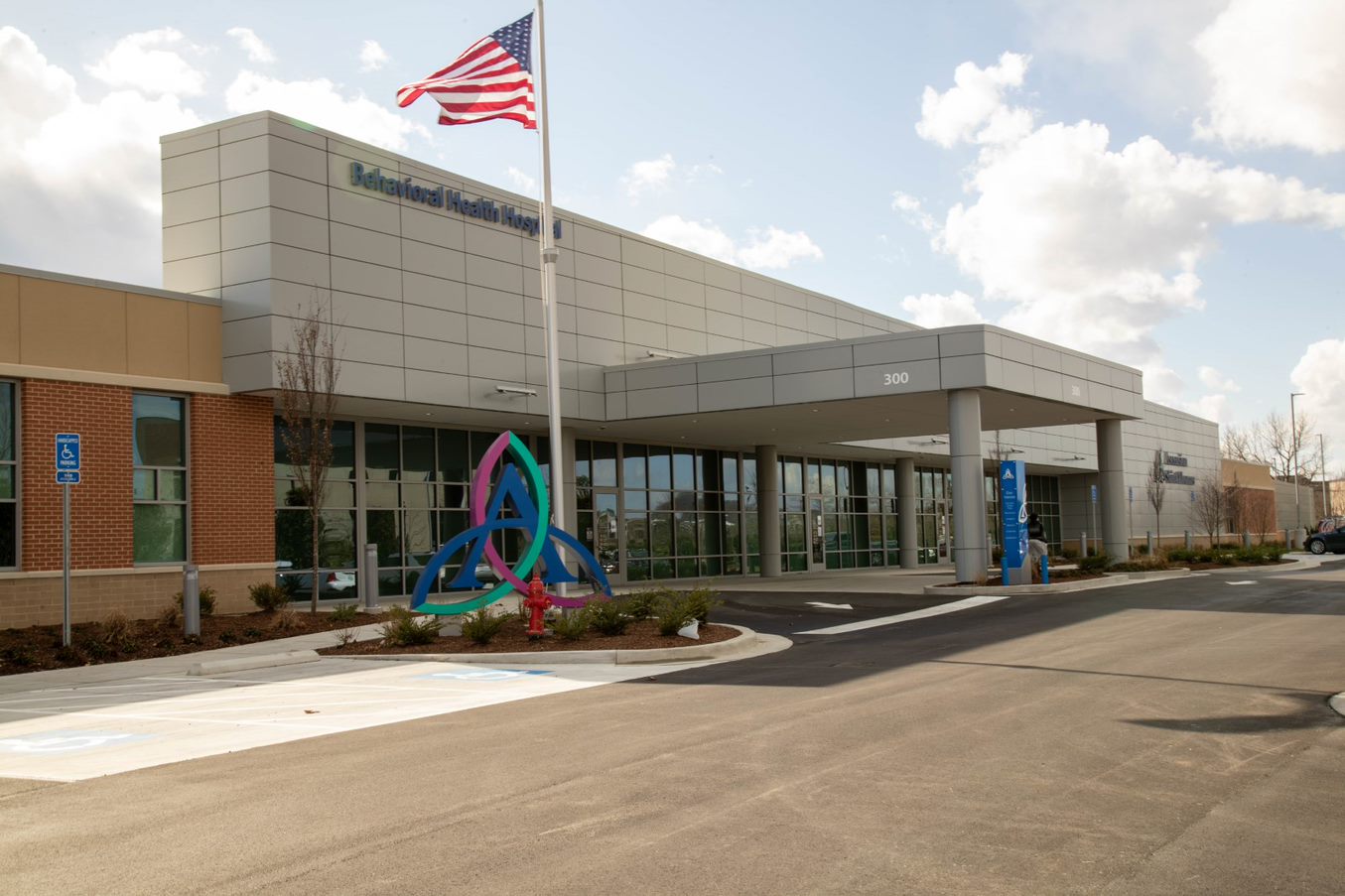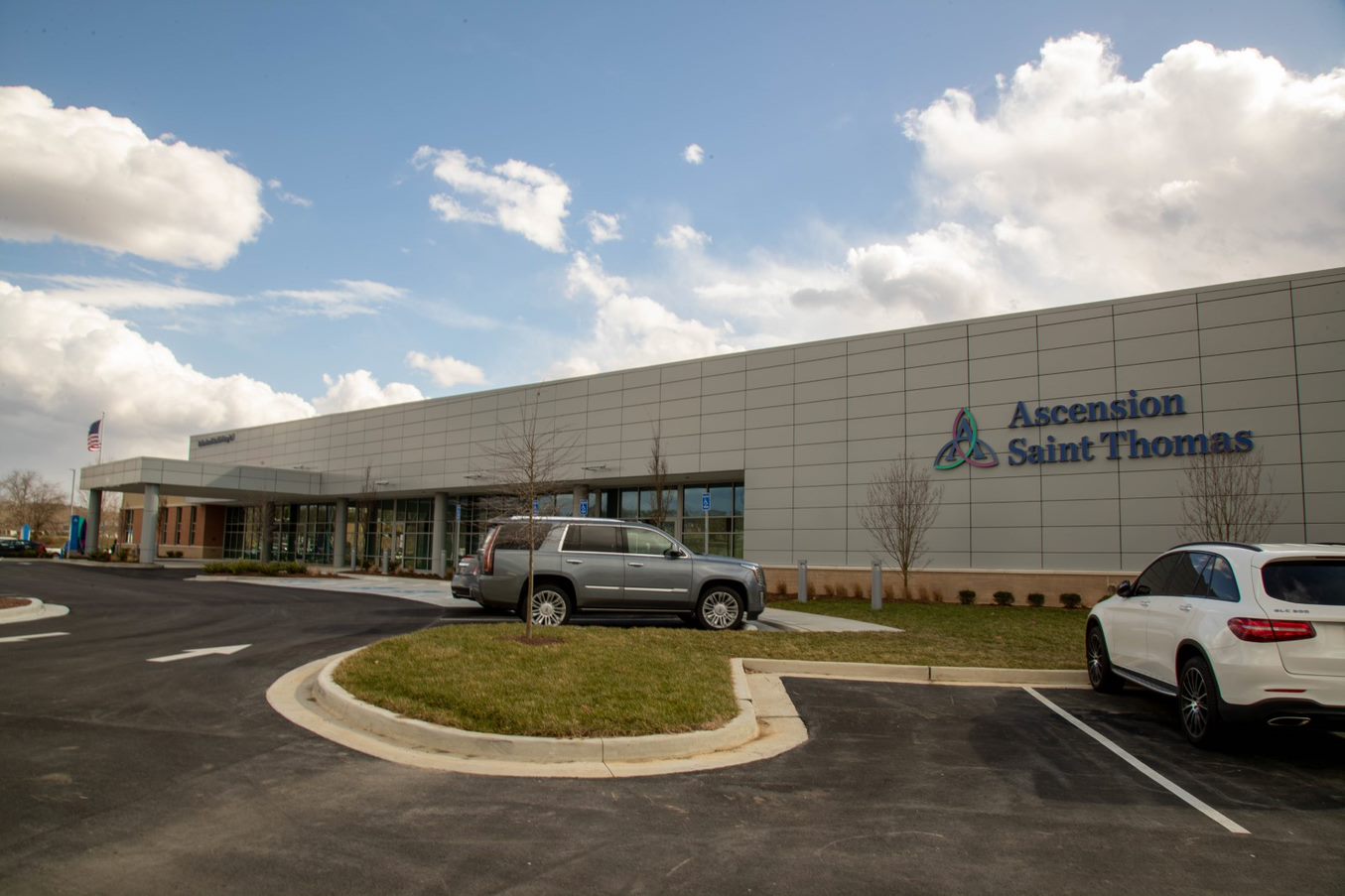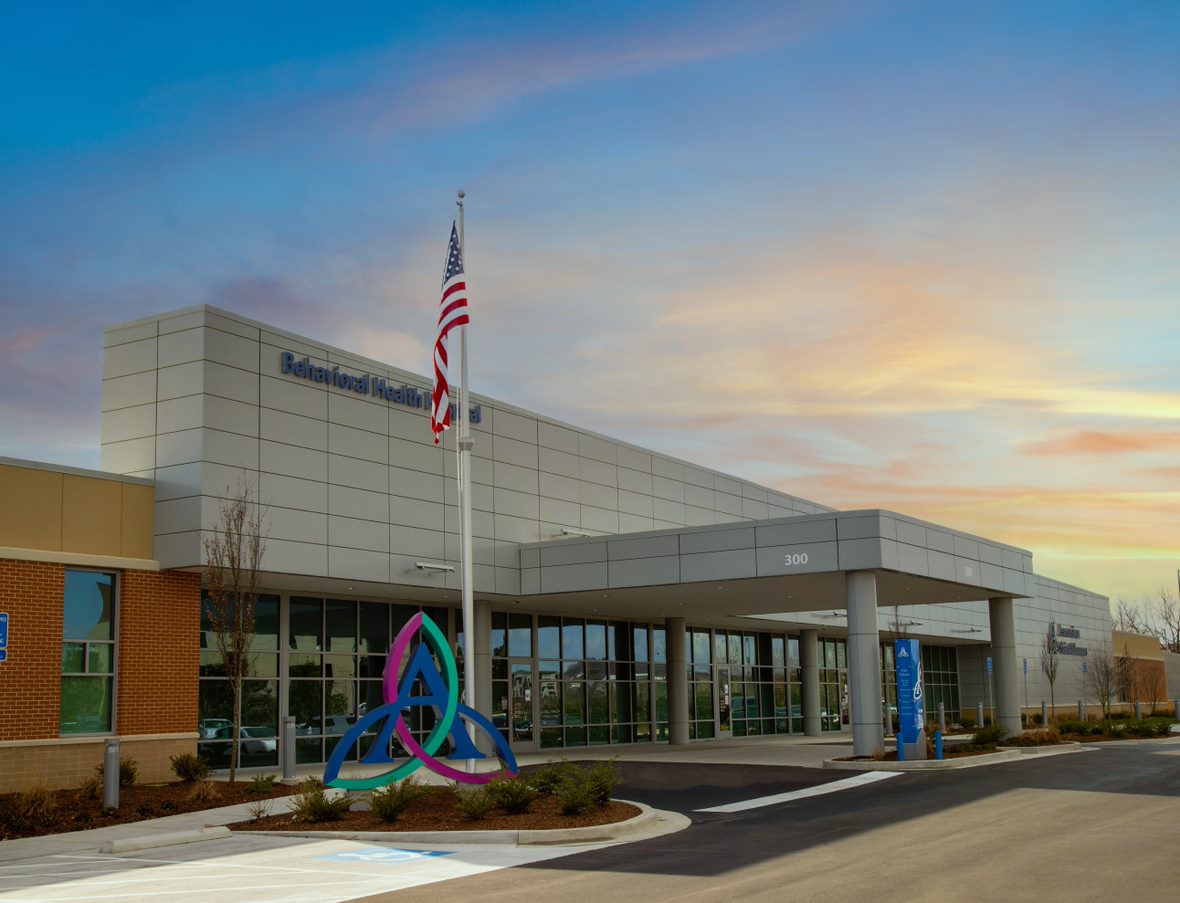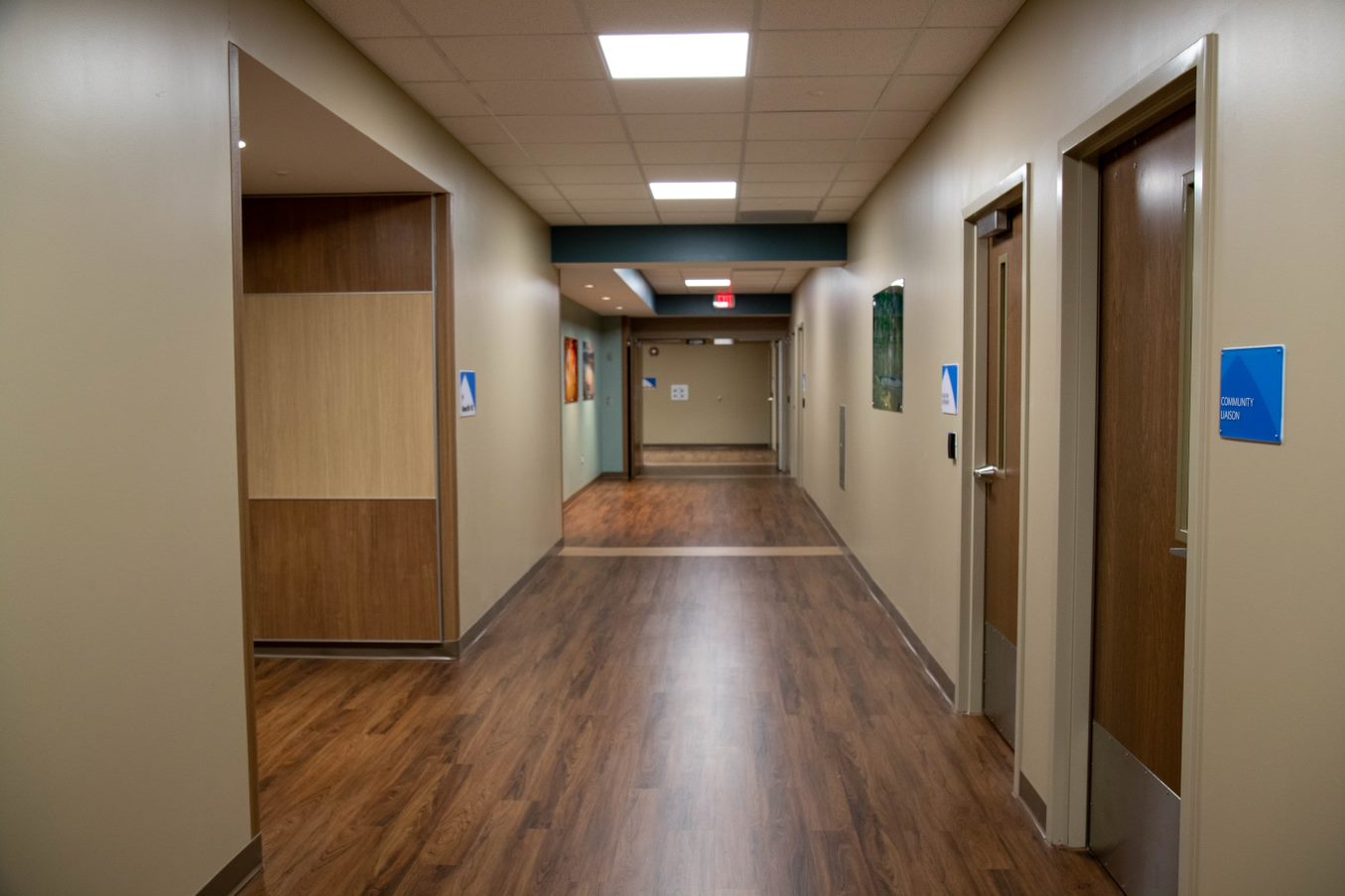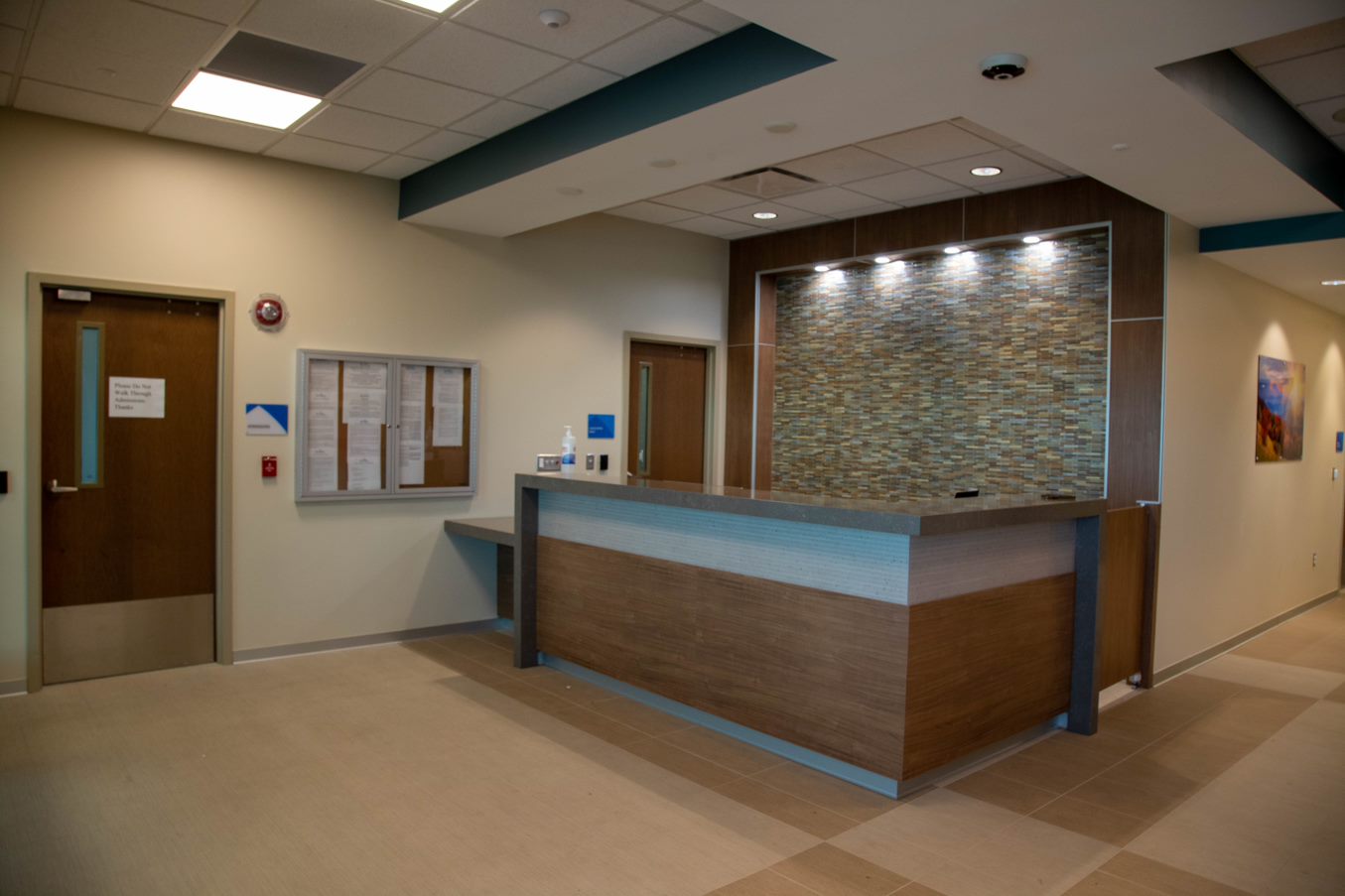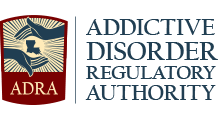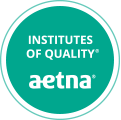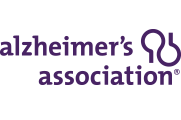Addiction is a chronic, progressive disease that is characterized by overwhelming urges to use substances. Referred to clinically as substance use disorders, the many types of addiction can have a profound negative impact on virtually all areas of a person’s life.
As described by the National Institute on Drug Abuse (NIDA), the effects of addiction can include damage to a person’s physical, mental and social well-being.
When a person receives proper professional care, they can learn to manage the addiction symptoms they’ve been experiencing and begin to overcome the negative effects addiction has had on their life.
With help and effort, people who develop substance use disorders can experience improved health and achieve successful long-term recovery.
Symptoms of Addiction
People who develop substance use disorders may experience a variety of addiction symptoms. The following are among the more common symptoms of addiction:
- Having powerful cravings or urges to use the substance
- Experiencing physical or psychological distress when incapable of acquiring or using the substance
- Needing to use the substance in order to feel joy, to celebrate or to cope with setbacks
- Using the substance alone or in secret
- Lying about the amount and frequency of your substance use
- Losing interest in topics, events or hobbies that were previously of great importance to you
- Prioritizing substance use over your personal, academic or professional responsibilities
Addiction symptoms can differ considerably from one person to the next. However, anyone who is experiencing any symptoms of addiction may be at risk for significant harm, and they should seek professional help.
Signs of Addiction
As with addiction symptoms, the observable signs of addiction can vary widely from person to person. The following are among the more common addiction signs that could indicate that a person is struggling with a substance use disorder:
- Frequent unexplained absences from school or work
- Failing to pay bills, having financial problems or frequently trying to borrow or steal money
- Using the substance even when it is clearly dangerous to do so (such as in combination with medications or other substances or when driving a car)
- Continuing to use substances even after experiencing negative outcomes, such as injuries, job loss or legal problems, due to prior use
- Significant weight gain or loss
- Lack of attention to grooming or personal hygiene
- Acting with uncharacteristic anger, aggression or recklessness
A person who exhibits these or other addiction signs should consult with a qualified professional to complete a thorough assessment and receive an accurate diagnosis. This information will determine which types and levels of care will best help the person recover.
Addiction Statistics
The following statistics about addiction in the United States were collected during the 2019 National Survey on Drug Use and Health, which is sponsored by the Substance Abuse and Mental Health Services Administration (SAMHSA):
- In 2019, about 20.4 million people age 12 and older (or about 7.4% of the U.S. population in this age range) met the criteria for a diagnosis of a substance use disorder.
- About 4.8 million young adults in the U.S. (or about 14.1% of the population in this age range) struggled with addiction in 2019.
- About 14.5 million adults age 26 and older (or about 6.7% of the U.S. population in this age range) struggled with addiction in 2019.
- Among adults age 18 and older, fewer than 4 million people (or about 1.6% of the U.S. population in this age range) received care for addiction in 2019.
Common Causes & Risk Factors of Addiction
Researchers have identified several potential causes and risk factors for addiction. The likelihood that a person may develop an addiction can be influenced by several factors. The more common risk factors and causes of addiction include:
- History of substance use or addiction within the family
- Some types of genetic variations
- Cultural attitudes toward the use of substances
- Personal history of certain mental health concerns
- Availability of substances
- High stress levels and suboptimal coping skills
- Influence of peers
- Impulsivity
Potential Effects of Addiction
Anyone who develops a substance use disorder is at risk for several negative effects of addiction.
The potential effects of addiction include:
- Strained or ruined relationships with friends, family members and colleagues
- Substandard performance in school or at work
- Academic failure
- Inability to get and keep a job
- Medical problems, including organ damage and increased risk of certain diseases
- Physical injuries due to impaired coordination or poor decision-making
- Onset or worsening of certain mental health concerns
- Being arrested, fined, jailed or otherwise punished through the legal system
- Financial difficulties and increased risk of homelessness
- Withdrawal and isolation
- Loss of personal support network
- Low self-confidence, poor self-esteem and pervasive hopelessness
- Suicidal ideation
Among the many benefits of getting professional help are that you can reduce your risk for future negative effects of addiction and begin to recover from any addiction effects you have already experienced.
What Happens If I Relapse?
When you get proper professional care for addiction, you will learn many important lessons, including how to resist relapse and how to respond in a healthy manner if you do have a relapse.
Having an addiction relapse doesn’t mean that you have failed or that your care was substandard. When you get help, you will discover that there are many ways to prevent a temporary relapse from turning into a long-term problem.
Depending on your unique circumstances, your healthy and productive response to addiction relapse may include:
- Reaching out directly to one or more members of your personal support network
- Attending additional support group sessions
- Meeting with a counselor, therapist or other professional
- Reentering a program to get additional help
With the right help, you’ll be empowered to take the most productive steps in response to addiction relapse and any other challenges you encounter throughout your recovery journey.
Common Underlying or Co-Occurring Disorders
If you struggle with addiction, you may have an increased likelihood for developing certain mental health concerns. Clinicians often refer to these additional concerns as co-occurring disorders.
The potential presence of co-occurring disorders is among the many reasons why it’s important to get proper care for addiction from a reputable provider. Completing a thorough assessment and receiving comprehensive care to address both the addiction and any co-occurring disorders is vital to your continued health.
When you choose to receive care for addiction at Ascension Saint Thomas Behavioral Health Hospital, you can rest assured that you will receive the customized services that can put you on the path to improved health and successful long-term recovery from addiction.
This content was written on behalf of and reviewed by the clinical staff at Ascension Saint Thomas Behavioral Health Hospital.





